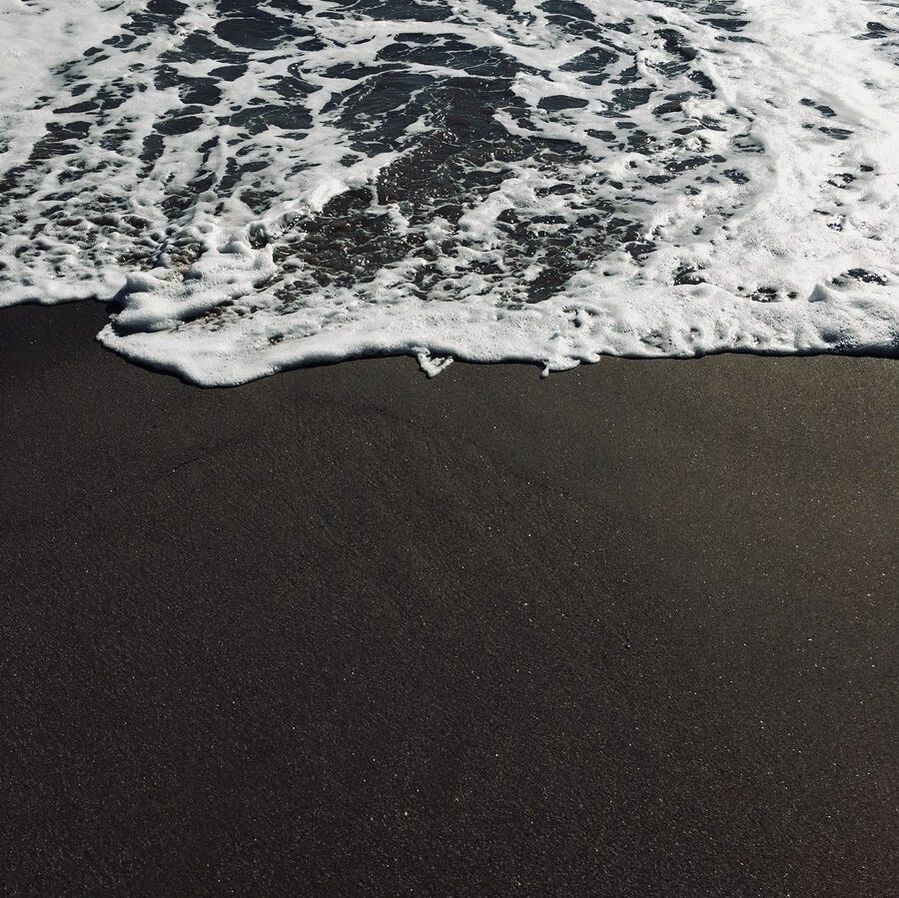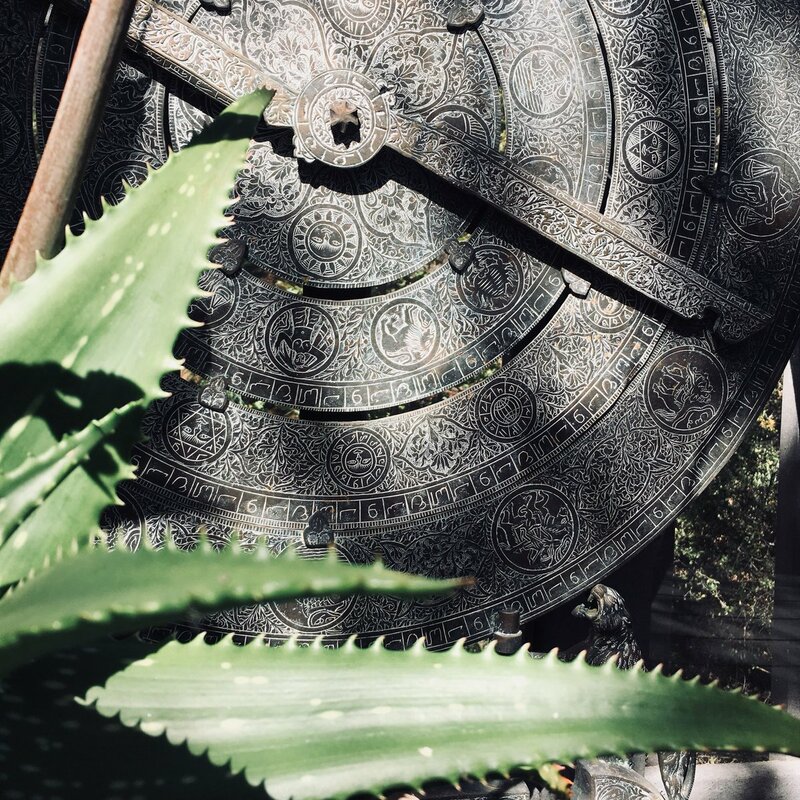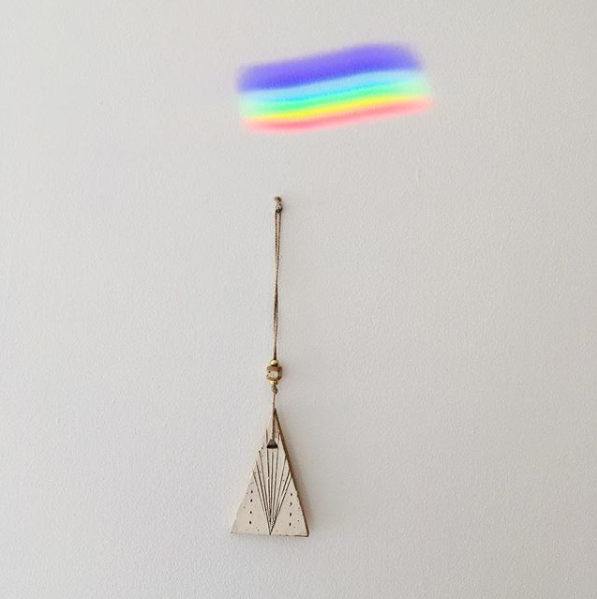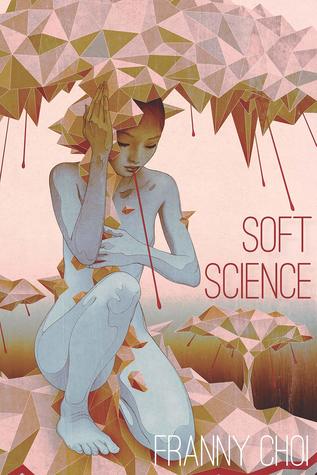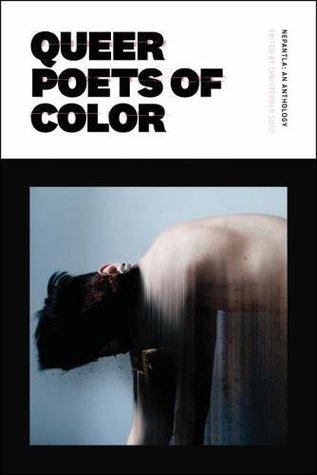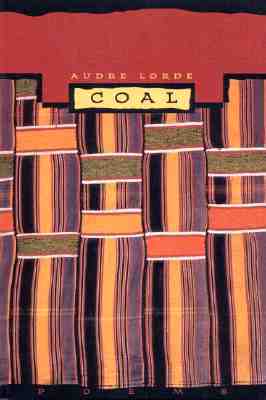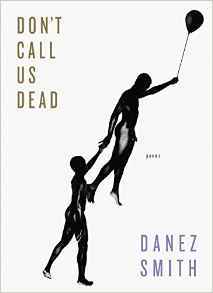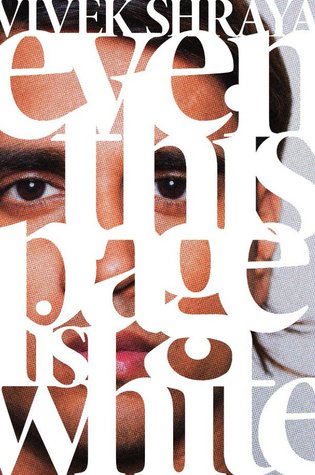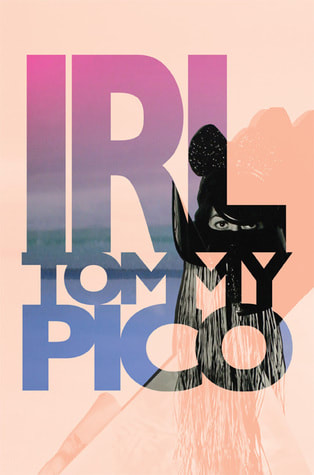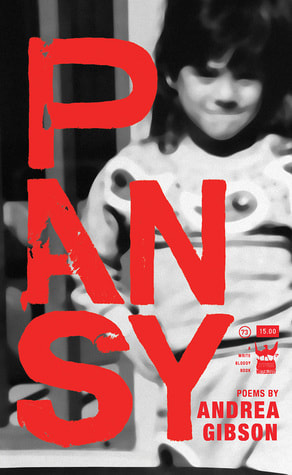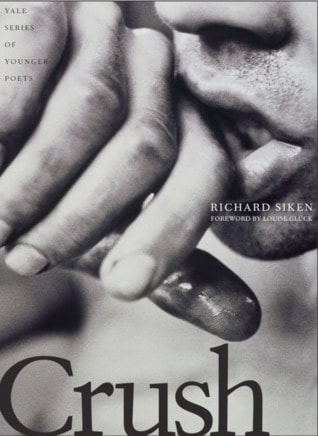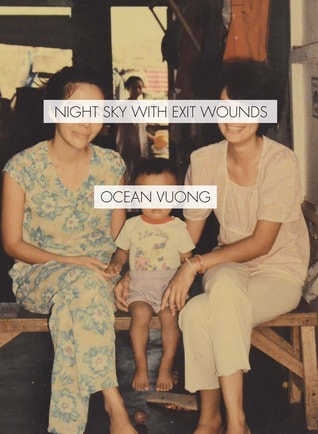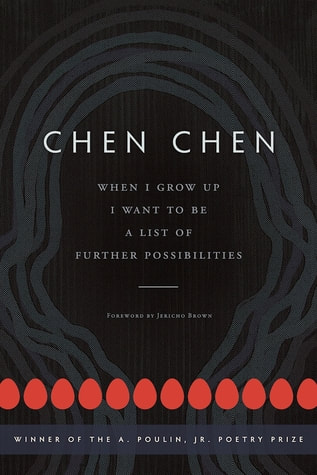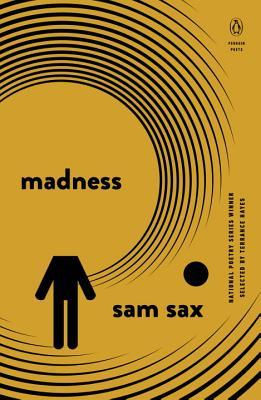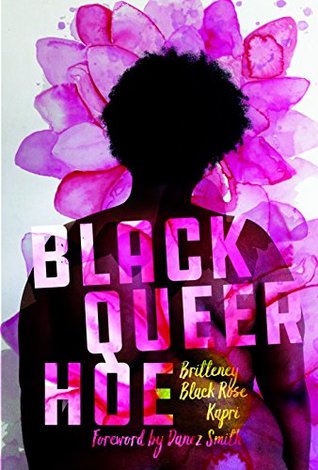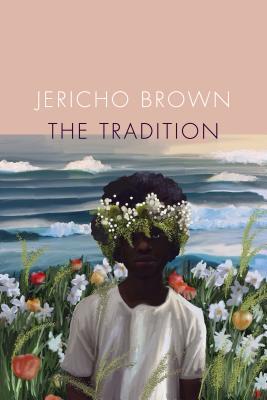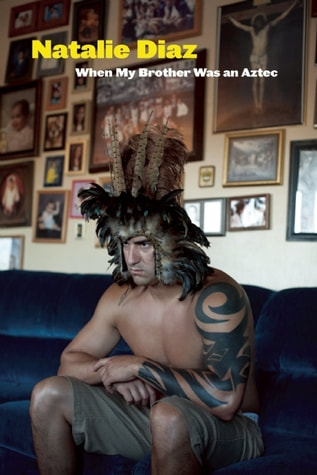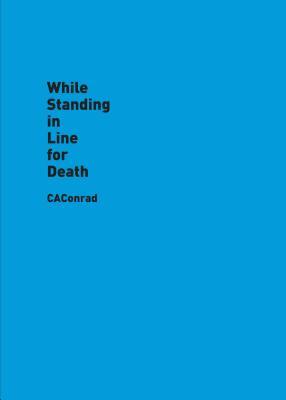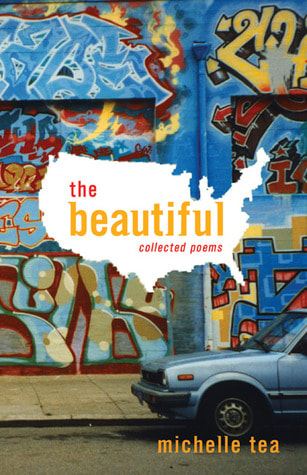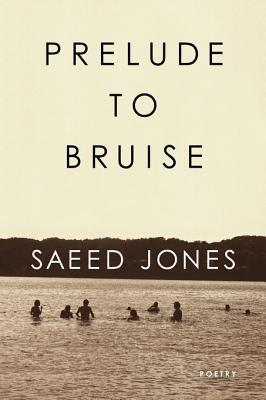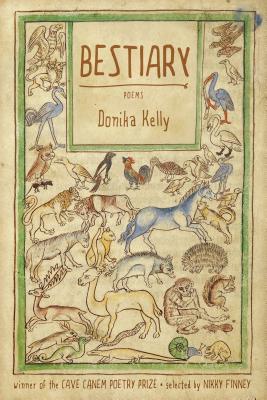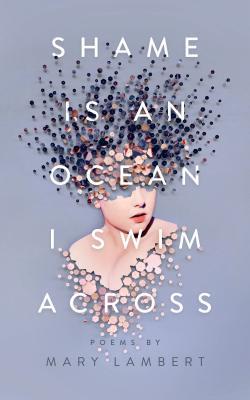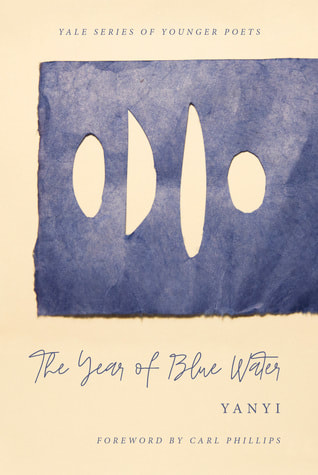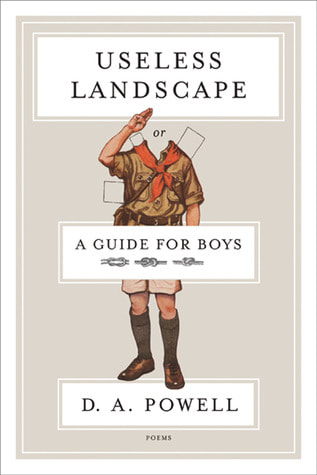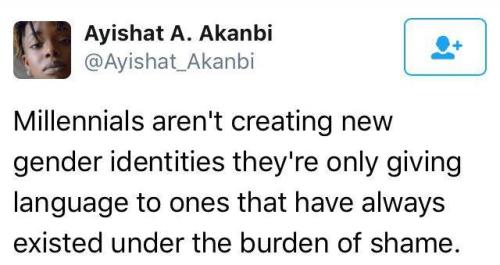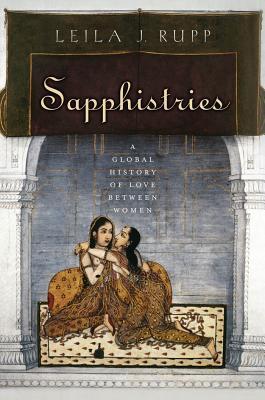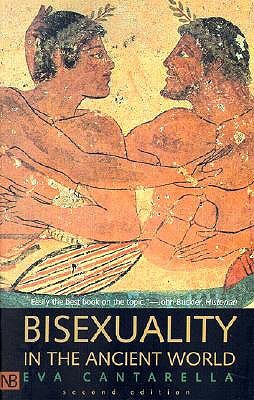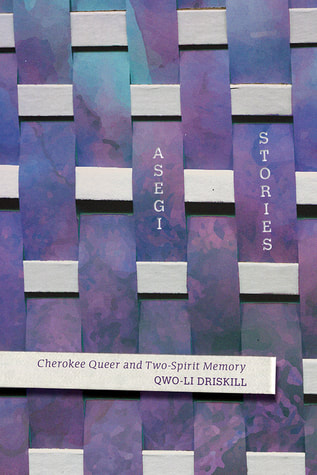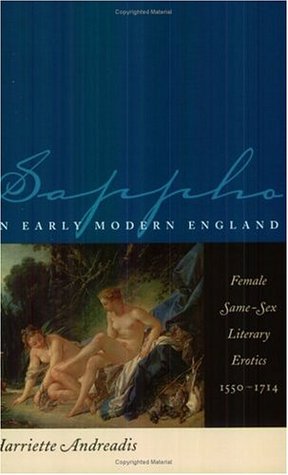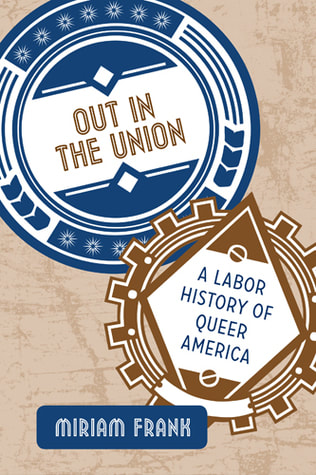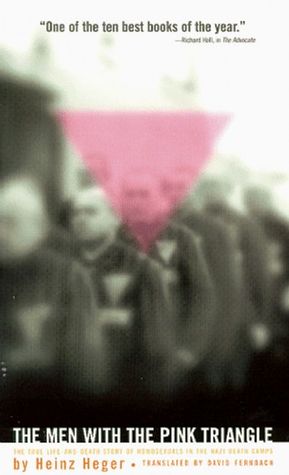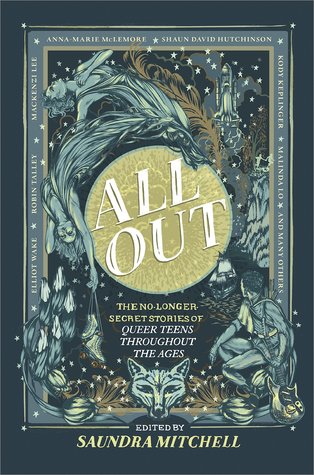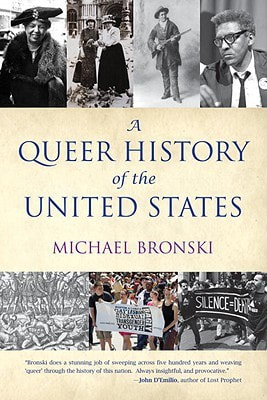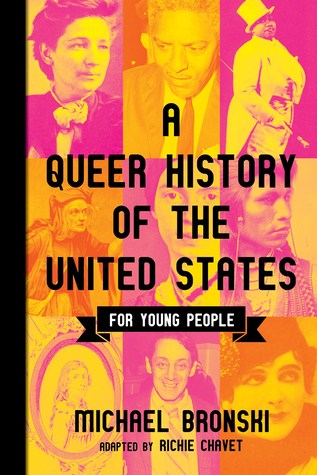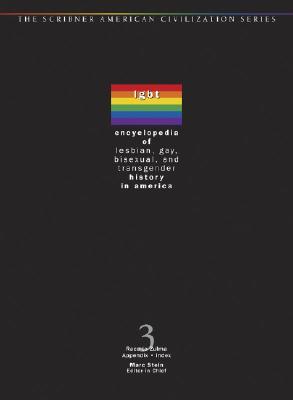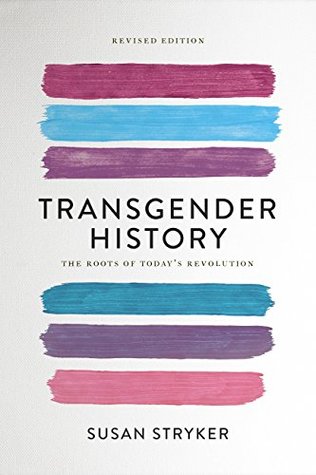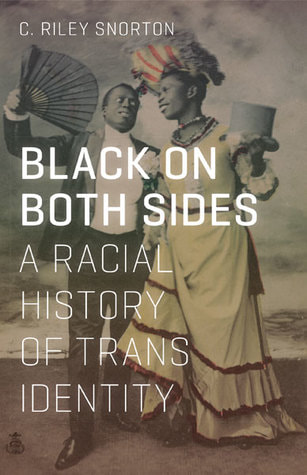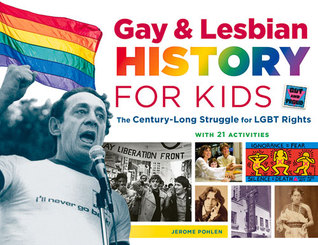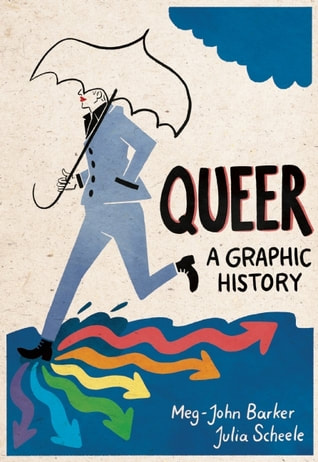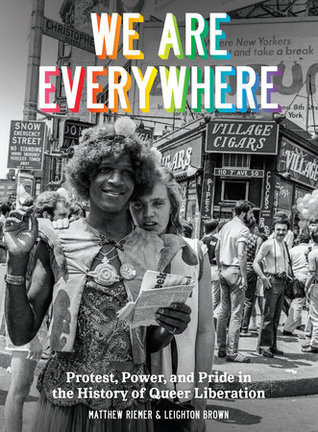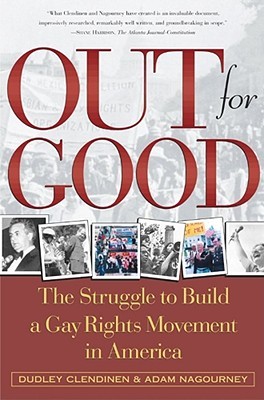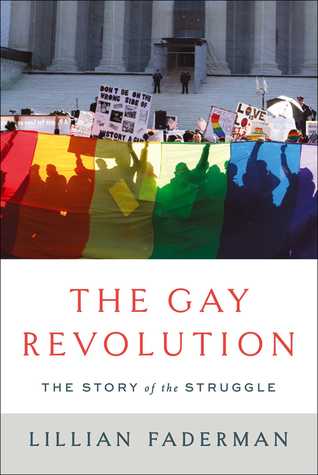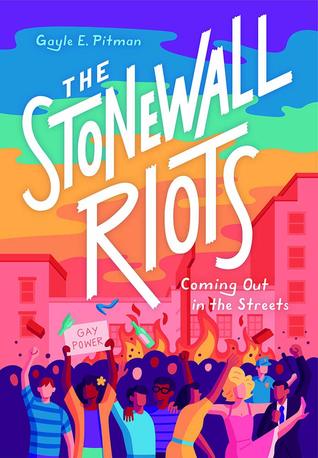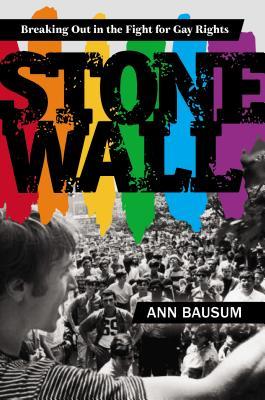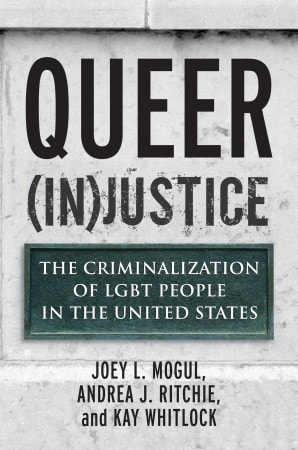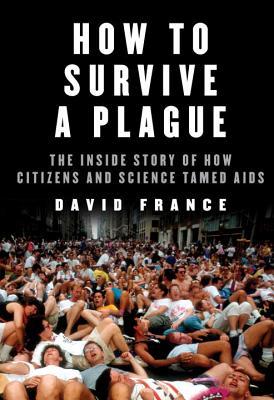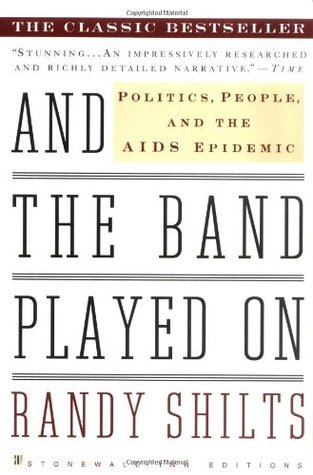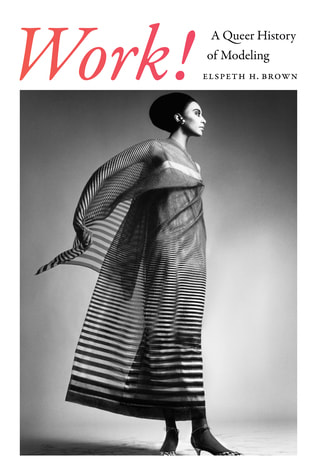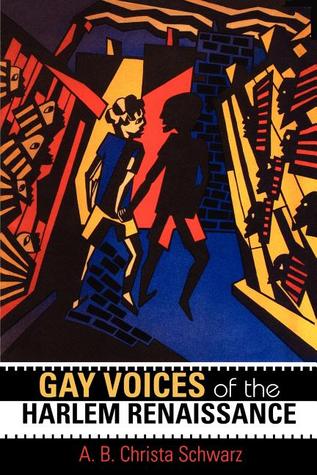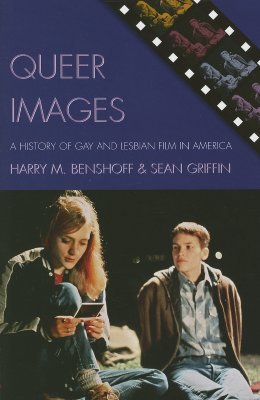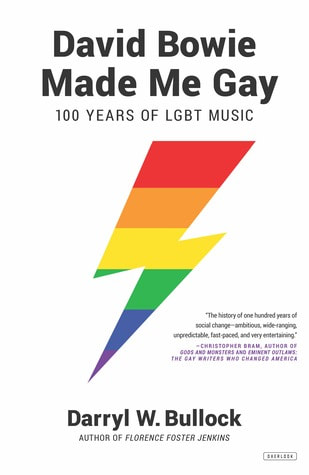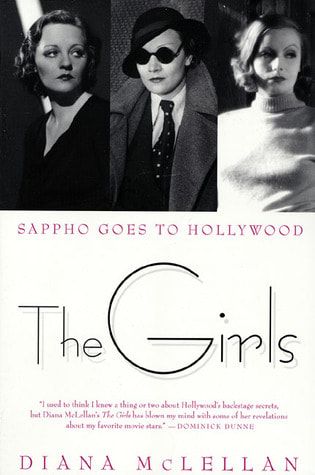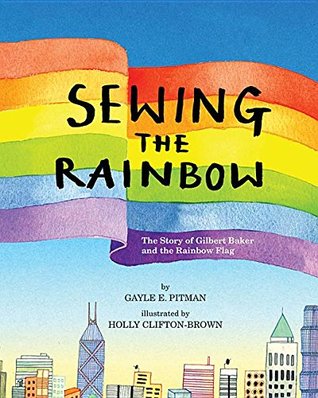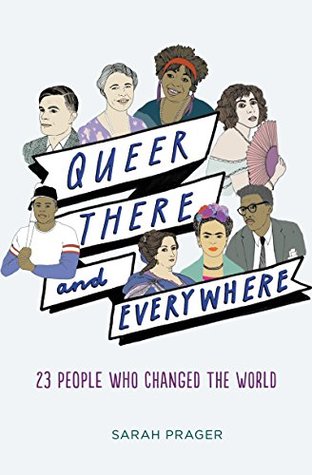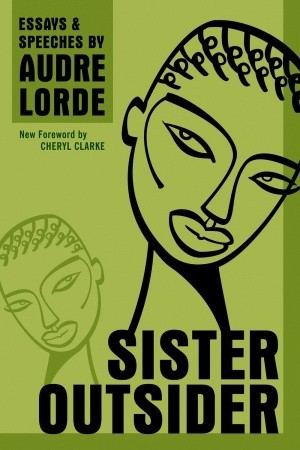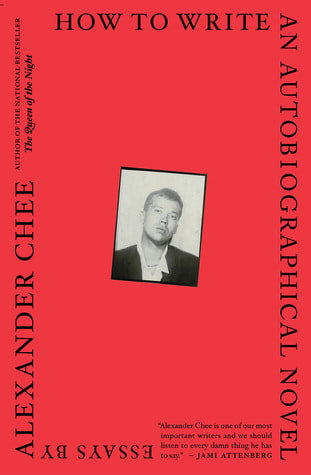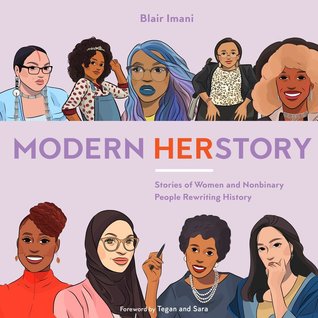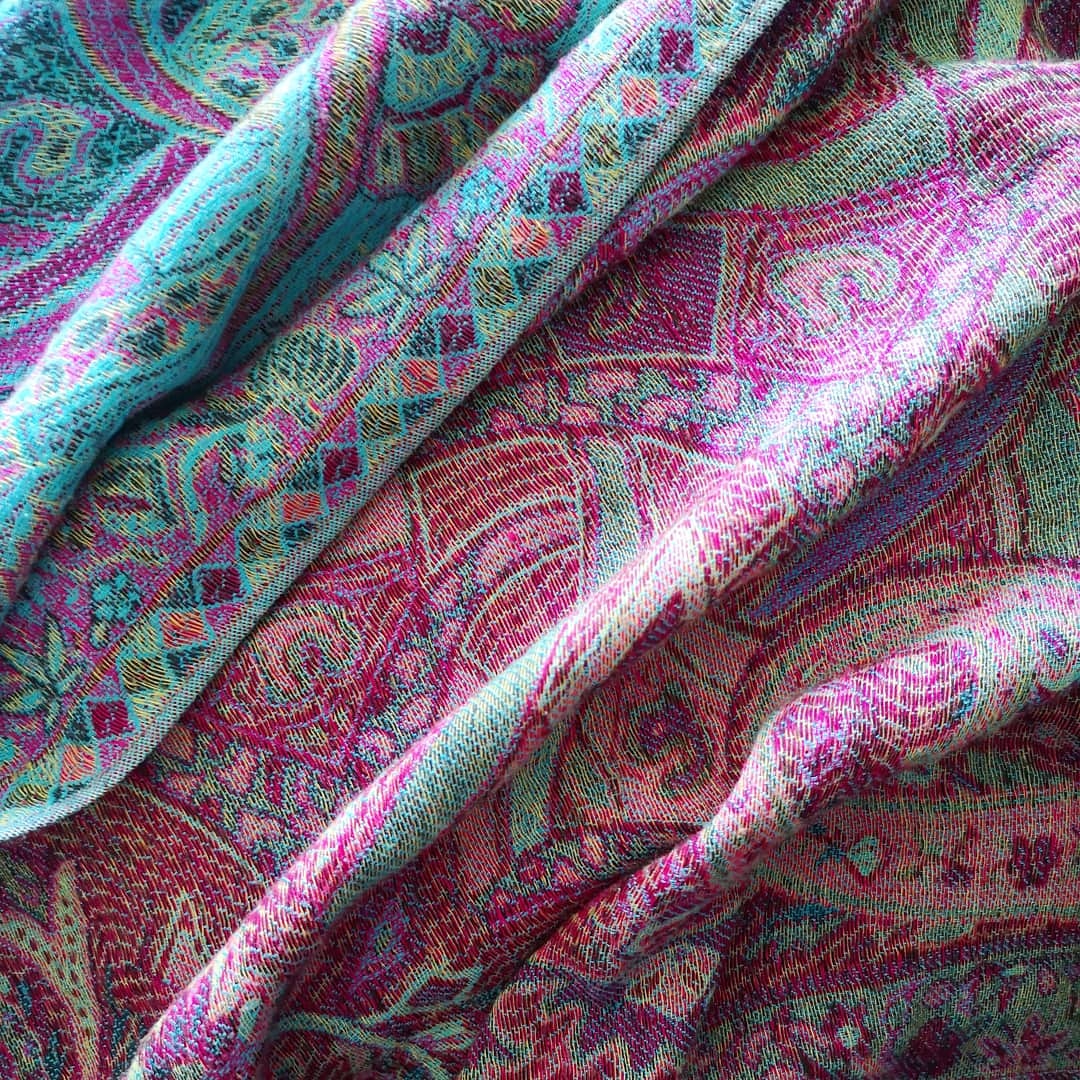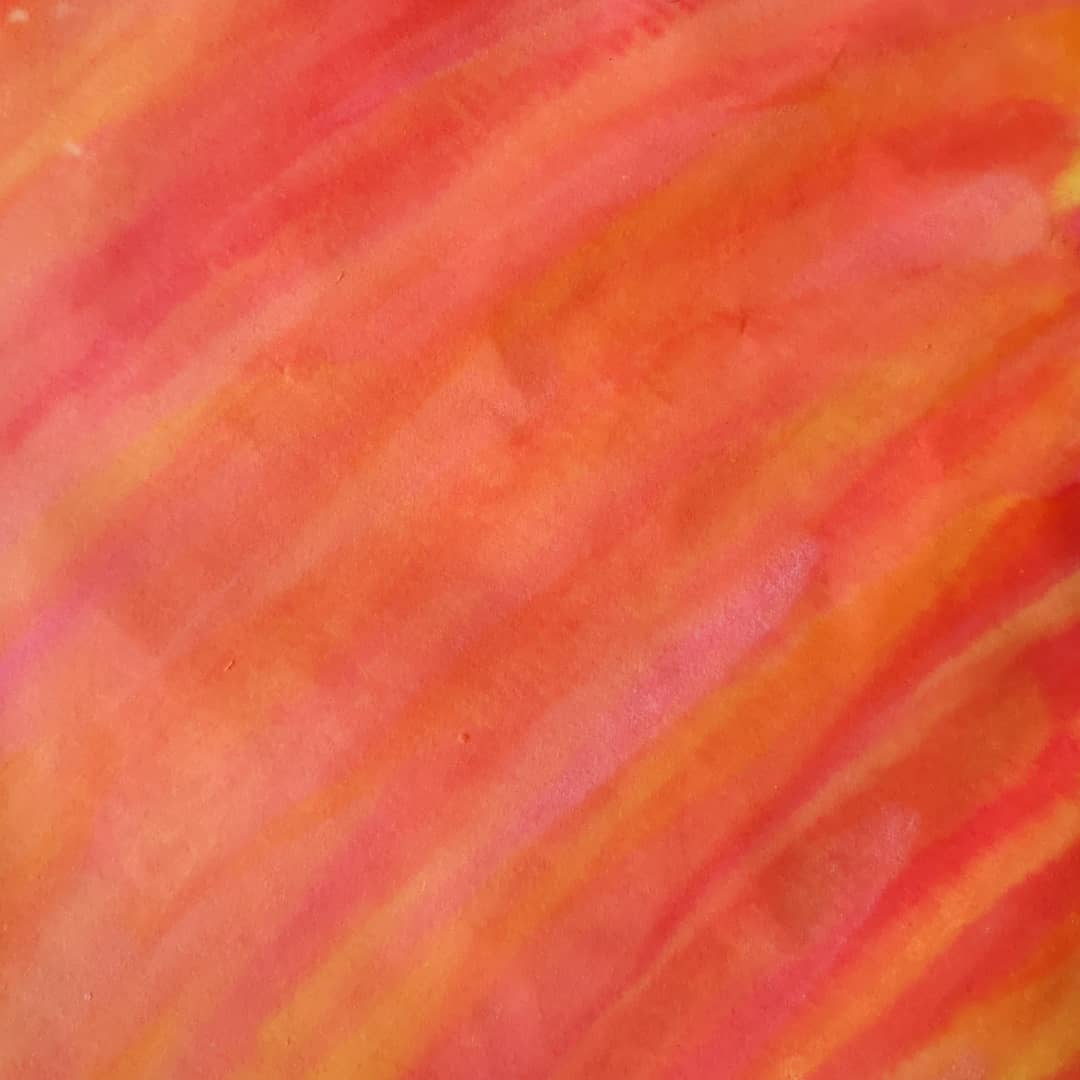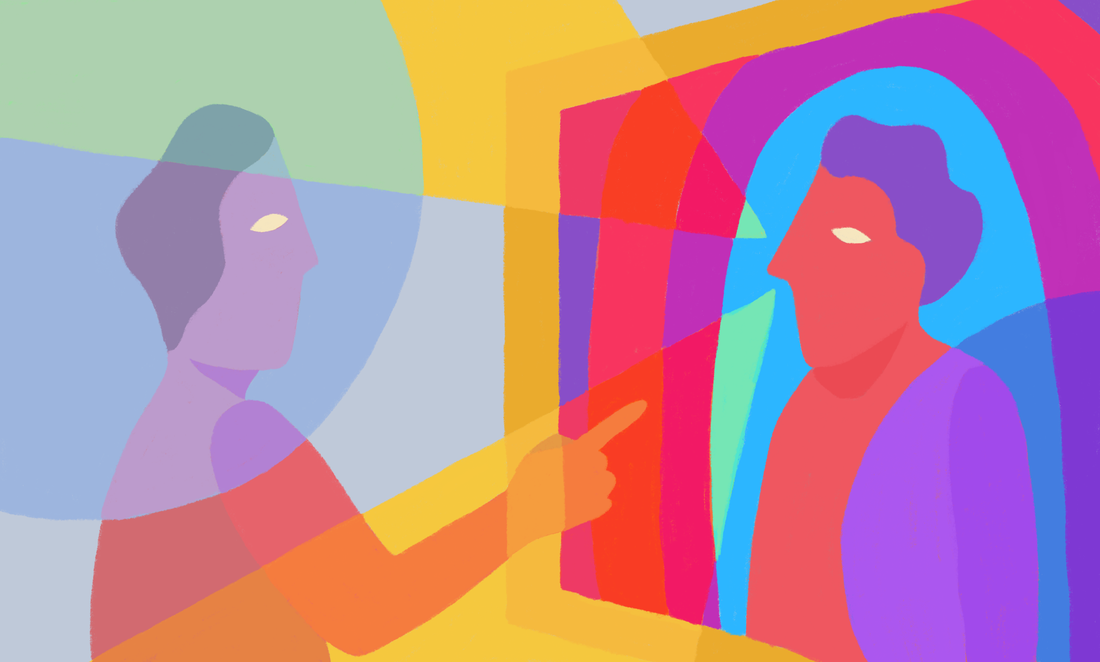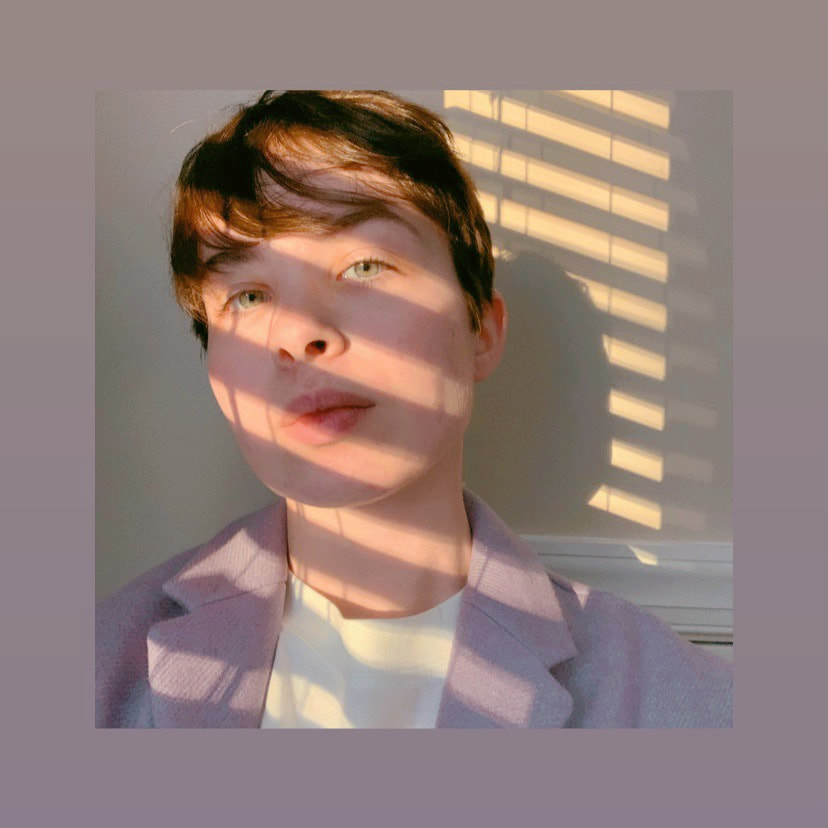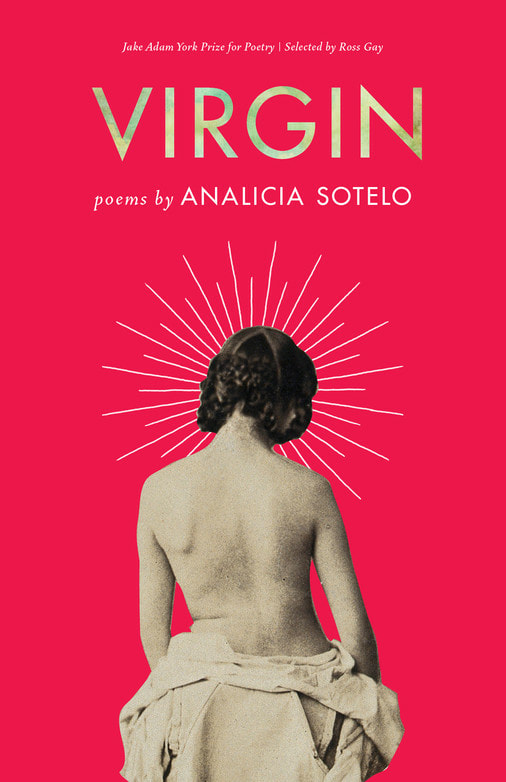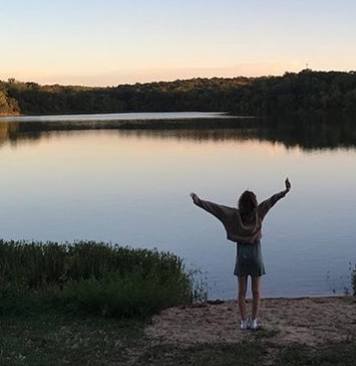|
heya dear lovelies, this month marks 50 years since the stonewall riots, an occurrence reminding us that queer folks had to literally fight to be seen, acknowledged, and gain human rights. one need only glance at the states of politics and churches to know the fight has not ended. this month, to pay homage to queer artists, i encourage you to do something small every day, to listen or to see a queer person. one opportunity is included here: read a poem every day, written by someone in the LGBTQ+ community. this would be a lovely challenge to complete alongside nadine's 30 day challenge. as we hear others, it is healthy to process our own feelings on gender and love, regardless of our orientations. following are a handful of queer poets and their books to start you off in exploration... but not to worry- i will check in throughout the month to give you 30 poems to read. happy wandering, m
and a couple more...Howl by Allen Ginsberg
Voyage of the Sable Venus by Robin Coste Lewis Conflict Resolution for Holy Beings by Joy Harjo How to Love a Country by Richard Blanco Lessons on Explusion by Erika L. Sanchez Wind is the Wind by Carl Phillps We're On by June Jordan Upstream by Mary Oliver Afterglow (a Dog Memoir) by Eileen Myles
0 Comments
Happy Pride month! Something I want people to realize is that history grounds a person. History validates and reinstates an existence… it gives it dimension and lineage and a family. Without a history, a people can be erased or made unstable. This is the reason libraries and museums are often burned in times of war… eliminate a people’s stories, and you eliminate a sense of being. I don’t know about you, but I never learned about a queer person, ever. I think this contributes to people’s sense of “well I just don’t understand gay people, so I don’t support it.” to which I always say Congratulations!!!! You are straight!!!!! Being queer is not a new concept. It’s not the hipster way. It’s not revolutionary or strange or an experiment… it’s literally existed since the beginning of time. People need to know this. Having a sense of queer history does not just prove existence to a straight, cis person. It grounds a queer person, and eases the loneliness and fear that being queer in our society can force upon a person. History grounds us. So hello, curious friend. Delve into the history of queerness, and familiarize yourselves with the people who have contributed to our world today! and if you prefer very bite size pieces of information, may I suggest: a woman who took it upon herself to care for and burry men dying alone of aids. performance art acknowledging the name of queer victims of hate crimes. 6 major moments in lgbtq+ history, beside stonewall. how artists take on stonewall. queer rulers on coins. lgbtqia thru history + brief biographies histories
general LGBTQ+ history
Politics, Protest, Justice, and StonewallHere’s the thing. Queer existence is political and revolutionary. That’s just the way it has been. Therefore, much of the above could fit into this category, but the following books place a specific emphasis on revolution.
Aids
Art
Biography
want more options?Carolyn Yates wrote a 25 title long list of LGBTQ history books… and Casey wrote about 13 more! The Skimm has a great list of books. Not enough? Bookriot has 50; there’s something in there for you. Have an interesting article for me to add? Please let me know! love you much-- you are valid and real and seen. take care,
m Gray recently posted some of their thoughts around being nonbinary, transitioning and coming out. To be honest, I loved that post so much that I immediately messaged them to let them know, which is something I tend to have difficulty stopping myself from doing. I told them about the things I could relate with (I’m nonbinary and I identify as genderfluid) and the things I experienced differently – namely, how I like the state of aspiration that comes with being between selves. Gray suggested I write a response post about the state of aspiration! So, here we are. In their post, Gray expressed feeling frustrated with the “state of aspiration,” a term coined by Joshua Rothman that Gray reinterpreted in light of identifying as nonbinary. My understanding of this state is that it is the state of changing, rather than the state of having changed. Change is not “complete” as much as we’d like it to be. I guess I live in a constant state of aspiration. I’m always asking questions, changing my mind, redefining myself and my life, re-evaluating my decisions. I think I’d be miserable if it wasn’t the case. Sometimes I revel in the shape of my body and I accentuate it however I can. Sometimes I don’t. Sometimes I think it’s completely wrong. Sometimes it’s just there, and like, whatever, I guess I need a body, right? But at the end of the day, I like my body. I refuse to be made to feel like my body is wrong. And if you dislike your body, for whatever reason, if you want to change it, permanently or not, that’s totally ok and valid and worthy of support. But it’s not my situation. I love my body because sometimes I adore it. And yeah, sometimes I think it should be completely different, but those days don’t erase the days I love it. It’s like… will you get rid of your backyard because you can only garden in the summer? No. But if you never garden, then by all means, sell that backyard, my friend. I mean. It's your backyard. Do what you want with it, it's all cool. Shitty metaphor aside, this is what I want to say. I am so many people. I am one person, and that person is always the same, but I see it like a container, a person-shaped cauldron, and inside so many people are flowing. And I like that when I am one particular person more than the others I am not completely that person. Because it leaves space for the others to come. Lately I’m a prickly theatre director, the kind of demanding jerk with big visions, big opinions, big emotions. He wears draping, colourful, dramatic clothes. He gets called “grumpy” a lot, which always confuses him, because he sees the beauty so much. He knows joy and he knows pain and he knows they come from the same place. He sees people not as who they are, but as who they could be, and that’s why he comes across as both overenthusiastic and overdemanding. Anyway. I use “he,” but he’s also loosely based around High School Musical’s Ms. Darbus (what an icon), and sometimes he doesn’t feel like a “he,” either. Is it weird that I’m talking about a part of myself in the third person? Yeah, totally. I just want to emphasize that it’s a part of myself. It’s not all of myself. So, what’s the plan? The plan is to live my gender authentically every moment I can and want to. And for me, that gender is the space between selves, and that’s ok, just as someone else’s gender might most decidedly not be in that in-between space. Gender is so… everything. Multidimensional. Vast. There are so many different genders, and then there’s the space between those genders, and that space is genders too. Unless that’s not what you want to call it. And it’s all ok. Before I finish this, I just want to say: I think the way we view gender is heavily tinted by our upbringing, how the world tried to fit us in certain categories, how rigid those categories were. In this way, I am conscious that my upbringing was unusual and my parents, very gender nonconforming (especially in the context of 90s-00s rural Canada). When I wrote, in my intro post, that I didn’t care about what pronouns you used to talk about me and that I thought gender was “unclear and illusionary,” I meant it. I’ve taken Intro to Sociology (and other sociology classes) but I still don’t really understand gender, least of all mine. Writing this was hard, and posting it is scary, so props to Gray for writing the original between selves. Next time, I will write about the inevitability of death! Yay! Until then, courage.
in my intro post that i made around a week ago, i wrote a sentence that i was, first, afraid to write, and, then, afraid to publish. the sentence is at then end of the second paragraph of the post and reads, “i use they/them pronouns and (after struggling with my identity for over a year) identify as non-binary.” i kind of antagonized on whether or not i should write those words. yes, i’ve been contemplating this for a year, and yes i do tend to silently consider myself nb, and yes i do modify my appearance in certain ways in order to look androgynous or (more accurately) transmasc (binding, short hair, no shaving, etc). but even though i do all these things and present this way, the actual decision to say that out loud was and is still terrifying to me. change is always scary for me. i do not look forward to it and when i am force into it i am dragged kicking and screaming. there are many ways that i wish my life was different, but i’ve come to learn that i am very prone to slipping into and remaining in the comfortable and the known. i think most of us are like this. i often find myself thinking well, my life isn’t great, but it could be worse. the fear of the unknown consequences of change scares me more than the changes themselves. what if i make the wrong decision and get stuck somewhere i don’t want to be? somewhere worse than this? this is the dilemma i face when thinking about my gender identity. i don’t want to say something now and then take it back a year later. my answer to this recently has been what i stated above: present the way i want and don’t talk about it to anyone. i think a lot of us do this. i don’t think there’s anyone who has the “a-ha, i’m trans (or any other identity other than the assumed)” moment and then immediately is able to talk about it (maybe there is, and if you did…respect). i don’t think it’s a long term solution at all, but it’s how i’m treating it, and i don’t know when i’ll be able to tell my family or my childhood best friends that i’m non-binary. i have this vision of myself getting top surgery in five years and just being like “oh idk…just like the way it looks!” when i’m asked about it (this is not a good thing but i am writing about myself and i am not always good). i read a new yorker article by joshua rothman recently, and in it, he wrote, “it might be easier if our biggest transformations were instantaneous because then we wouldn’t need to live in states of aspiration. certain of who we were, we’d never get stuck between selves.” the article examines decision-making processes and applies them to something i don’t particularly care about (deciding to have children/become a parent), but in it, rothman brings up quite a few good points about how much autonomy we really have over decisions we make, which is exemplified through that quote. to me, right now, as a non-confidant non-binary person, i feel as though i am in a state of aspiration (part of why i was afraid to write that sentence is i thought maybe i am not nb enough (another thing that i think a lot of people feel)). i feel like when i say that, i’m saying, “look! this is who i want to be!” instead of, “look! this is who i am!”
in real life, instant transformations are, of course, impossible. as much as we’d like to believe that we have the agency to be who we want to be, there are always circumstances that make this unreasonable and honestly, it can be dangerous. however, the only way we can know if a decision is the right one is to make it and live the consequences. these possible consequences can become daunting and ultimately scare us off from our goal and from what we had originally been so sure about. now, i’d like you to imagine we don’t live in the real world. the idea of instantaneous changes are so appealing because they get rid of the possibility of being scared off from who you think you are supposed to be. i constantly feel like i am stuck between selves and never quite feel like i’ve become anyone who i thought i’d be. it’s hard to feel like a real person when you’re never quite sure of anything. maybe, to feel more human, i need to learn to become more comfortable with being uncomfortable and understand (not just know) that life really can’t be lived fully if it’s lived in fear. in paragraph three, i mentioned that i “don’t want to say something now and then take it back a year later.” i don’t think this is the right way to think about these kinds of things, because there’s no way to know if it’s right unless you do it. and if i do change my mind, then whatever. then it gets changed. i don’t claim to speak for anyone other than myself, and my mind changing about this shouldn’t negate the experiences of any other non binary person. all of this is so much easier written then felt, though. i wish i had a definitive conclusion, but i rarely do. it’s so hard to know what is right, to know what is good for you, and to know what is good for everyone else. and once you know, it’s even harder to act on it sometimes. and unfortunately, the only way to move forward in life is to make hard decisions, and live your life the way you think is right for you now, and hopefully will be right for you in the future. good luck. gray. [this post was originally posted on my blog... i think about this one often, lovingly.] It’s eighty-two degrees and I sit on sun drenched concrete, hot pink book in hand, pebble- small crimson strawberries staining my left hand and right knee. Suddenly, a fluttery brown butterfly wiggles between my thigh and the ground, crouching against my skin. I shriek- being the put together young person i am- and then quiet, carefully shifting to stare at this beautiful thing that has chosen me to rest against. It flutters upwards too quickly, shooting straight into my neck where its wings rustle kisses much too softly against the most intimate sections of my neck. I shriek and wave my arms again- because yes, I am peaceful and one with the universe, experiencing every little girl’s dream of cupping a butterfly, though definitely not in the proper place- and scream the line of poetry I had just read moments ago: the butterfly, “she was floating like a lost brain cell!!!” The line is all too simple and visual and connotative. Yes. I know who this is. I can use this. Good poetry feels like that: stunningly familiar and sensible, yet so perfectly said that it must be filed away for future reference. Analicia Sotelo’s Virgin is so: lush, surprising, and yet all too familiar. Sotelo explores the feminine, specifically the bittersweet single girl in all her conflicted, tired-of-your-bullshit, loving, hungry, reliable complexity. The first sections of the book, aptly named TASTE and REVELATION, root themselves in this girl and her perspective. From an emotional distance, she observes those surrounding her from within their midst at summer barbecues or late night kitchens. Here, there is desire for love and satisfaction, intertwined with innocence, hesitation, memory of her Texas home, and personal myth. This is exactly how the entire book is constructed; though we depart from our single girl and travel backwards, we remain rooted within her multi-faceted identity. Sotelo paints portraits for her reader, embracing lush and surprisingly logical imagery and metaphor. Such metaphors are not simple and there for the poetics. Instead, the metaphors are reflections of the scene in which it stands, to convey not only a person and their feelings and desires, but also to deepen the setting itself. A strong example of this follows, as our single young woman drifts through a summer potluck. Metaphors reflect her resentful boredom, and her desire for true emotional and physical intimacy. “I’m a radish tonight, for everyone has been flowering with careful hellos and it’s made me red and pungent, made me sick of potluck drinking under the stars with the weeds, brushing their blond hair against my ankles, sick of the clear buttons of sweat on their skin and their salty arguments about who’s best at breathing…” (Expiration Date, 11) All metaphor in Virgin is effortlessly intentional, and stunning. After observing and interacting with men who can’t quite satisfy, the reader is led down the hallway of doors, first to revisit past traumas, revealing how exactly we arrived in this single female body. Sotelo is thoughtful; she does not write with blame or bitterness. Instead, she gingerly examines all angles, including, yes, toxic men, but also, relational complications-“In this the twenty first century / where men still love girls, but rarely admit it, / and history binds you to your signature” (29)- and emotional unavailability- “the place, like me, had its visitation days” (48). We continue to slowly backwards through time, stumbling home to a childhood with a father drifting in and out of view. Slowly, we understand the first sections from within the lens of the girl’s roots; a girl is a history: “I am my mother’s daughter. / I am not afraid to go back in time” (42). A girl is a myth. The concept of virginity is slightly questionable, placing value in a touch or experience which is often so very complex and personal. In one realm, all value is given to the virgin, while in other worlds, “when they said Virgin, they meant Version we’ve left behind” (23). So is this a virgin: A myth? In a sense, yes. The book follows every myth revolving ’round the heart: the myth of who she has been: “People think I’m sweet… look now: my heart // is a fist of barbed wire” (8, 18). The myth of the identity of who she had thought she wanted: “so / many people are tender from the right angle” (8). The myth of unreachable fathers. The urban legends behind artists like Frieda Kahlo. The traditional myths, rooted in Ariadne and Theseus. Virgin is, at its core, a book of myth. The book closes softly, a reflection of every poem and girl portrayed. It is neither sad, nor joyful. Perhaps we fall within our single girl, weighed down with disappointment, building a sort of beautiful funeral pyre, looking for meaning in the rising smoke. Her bed is an island, her dreams are a breakthrough, each vessel finds the pia mater, sends her to the beach to collect their driftwood. Burn it. This is how I find you. In short, beautiful. Onto my wishlist it goes. Rarely do I find a book of poetry that so seamlessly connects all of its individual pieces into a complex, reflective narrative. I am impressed, and intrigued by this gorgeous book. namaste,
m |
the cluba small collective dedicated to personal, creative, and communal growths. Archives
January 2021
Categories
All
|
